Carbohydrates have gotten a bad rap over the years, often being linked to weight gain, type 2 diabetes, and various health problems. While it's true that processed, sugar-laden, and refined carbs can be harmful, many high-carb foods are actually packed with nutrients that can support a healthy diet.
Carbohydrate-rich foods, especially those high in fiber and essential vitamins, can be incredibly beneficial. Though low-carb diets may work for some, there's no need to shy away from all high-carb foods. In fact, incorporating healthy, nutrient-dense carbs can offer several health benefits.
This article is attributed to Headline.
Here are 12 high-carb foods that are both nutritious and delicious:
Quinoa
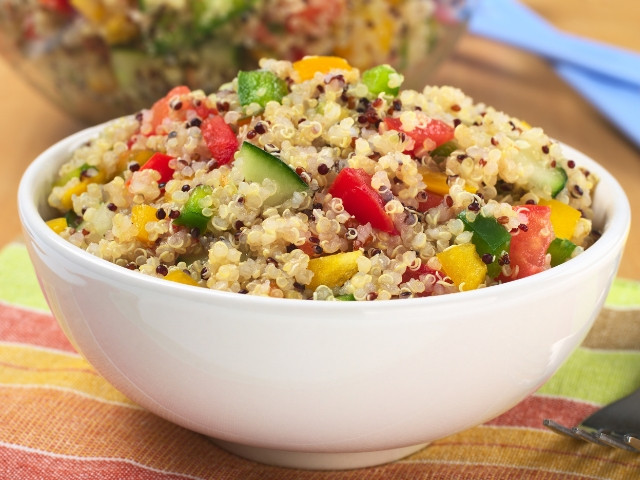
Quinoa is a super nutritious seed that’s gained popularity among health enthusiasts. Classified as a pseudocereal, quinoa is prepared and consumed like a grain. Cooked quinoa contains about 70% carbs but is also a rich source of protein and fiber, making it a great option for maintaining balanced blood sugar and promoting heart health. Gluten-free and filling, quinoa is perfect for those aiming to manage their weight while staying satisfied.
Oats
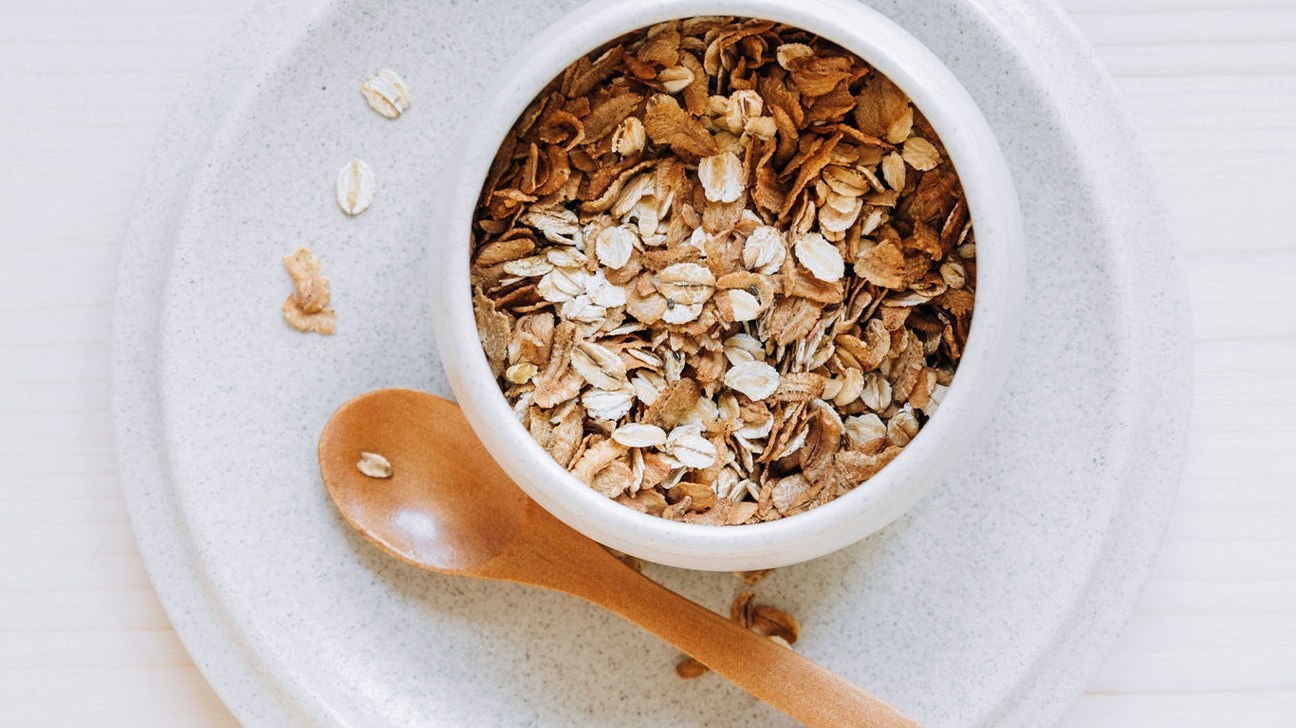
Oats are a healthy whole grain packed with essential vitamins, minerals, and antioxidants. A cup of raw oats contains about 54 grams of carbs, including 8 grams of fiber, particularly the beneficial oat beta-glucan. Oats are also a good source of protein, especially compared to other grains. Consuming oats has been linked to reducing cholesterol and managing blood sugar, making them an ideal food for heart health and weight management.
Buckwheat
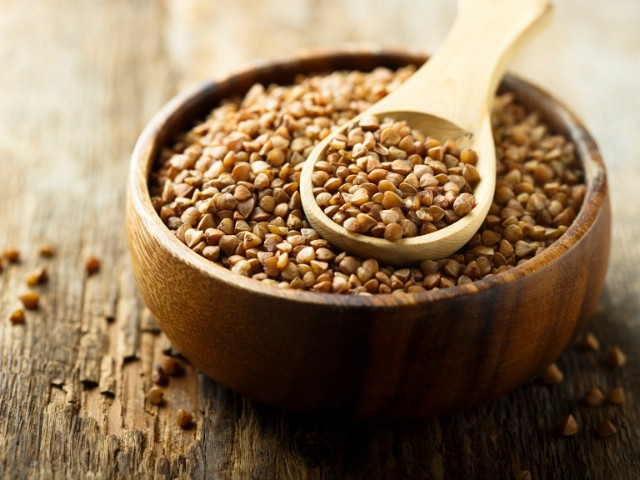
Despite its name, buckwheat isn’t related to wheat and is naturally gluten-free. Classified as a pseudocereal, it contains about 75 grams of carbs per 100 grams in its raw form. When cooked, it provides a more moderate carb count of 19.9 grams per serving. Buckwheat is rich in protein, fiber, and antioxidants, making it a great option for promoting heart health and maintaining stable blood sugar levels.
Bananas
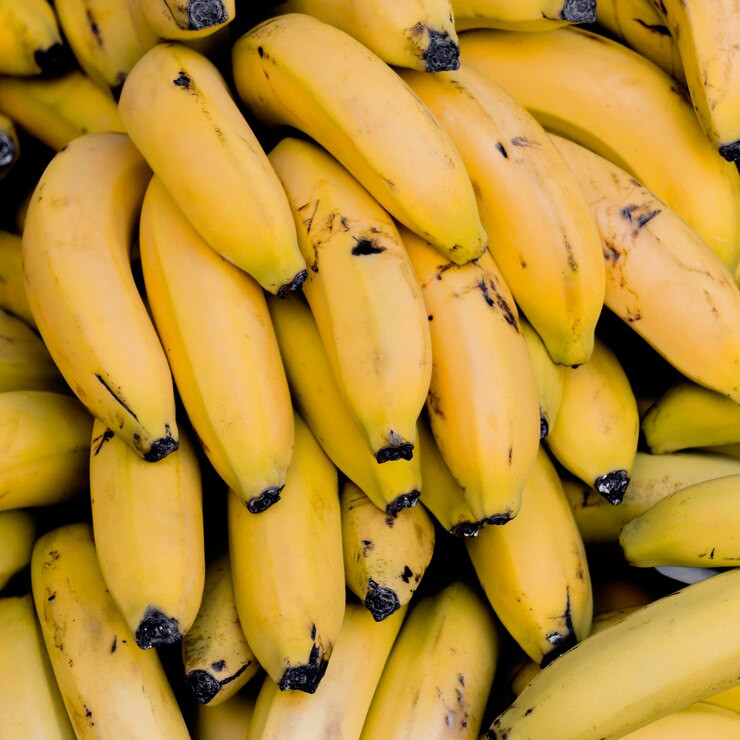
Bananas are a fan-favorite fruit, often featured in various recipes and snacks. One large banana contains around 31 grams of carbs. Rich in potassium and vitamins B6 and C, bananas are also packed with plant compounds that support heart health. Unripe bananas, which are higher in starch, contain resistant starch that benefits digestive health by feeding good gut bacteria.
Sweet Potatoes
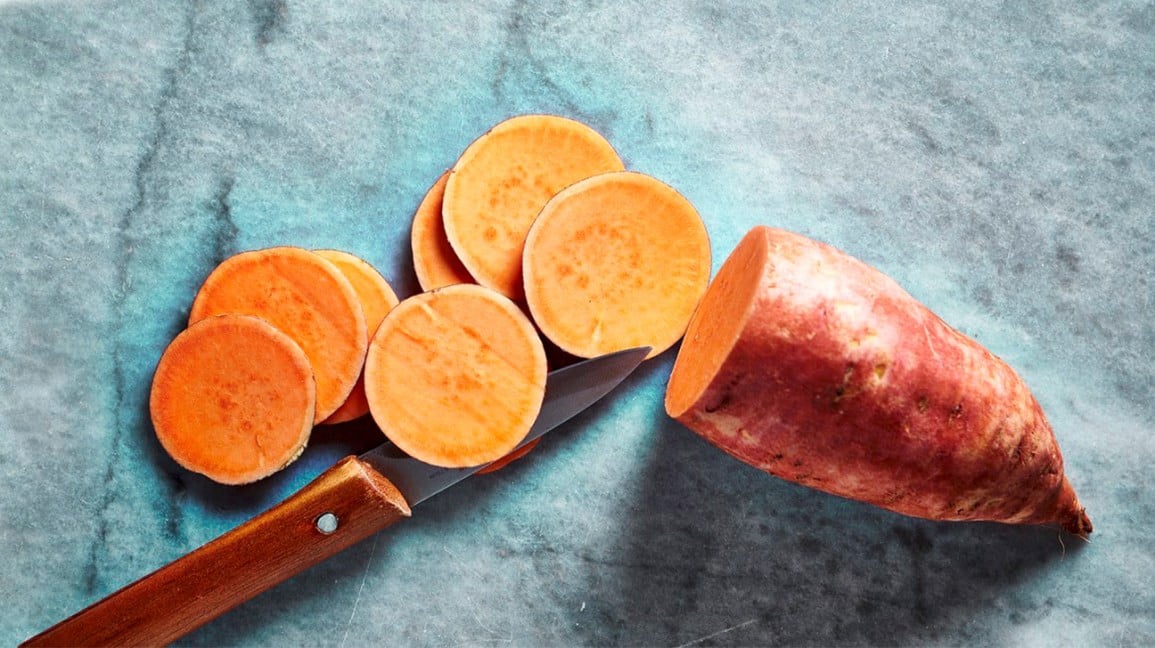
Sweet potatoes are a nutrient-dense tuber that boasts a range of health benefits. One-half cup of mashed sweet potatoes contains about 20.7 grams of carbs, including fiber, starch, and sugar. This root vegetable is an excellent source of vitamins A and C, potassium, and antioxidants, which protect cells from free radical damage and reduce the risk of chronic disease.
Beets
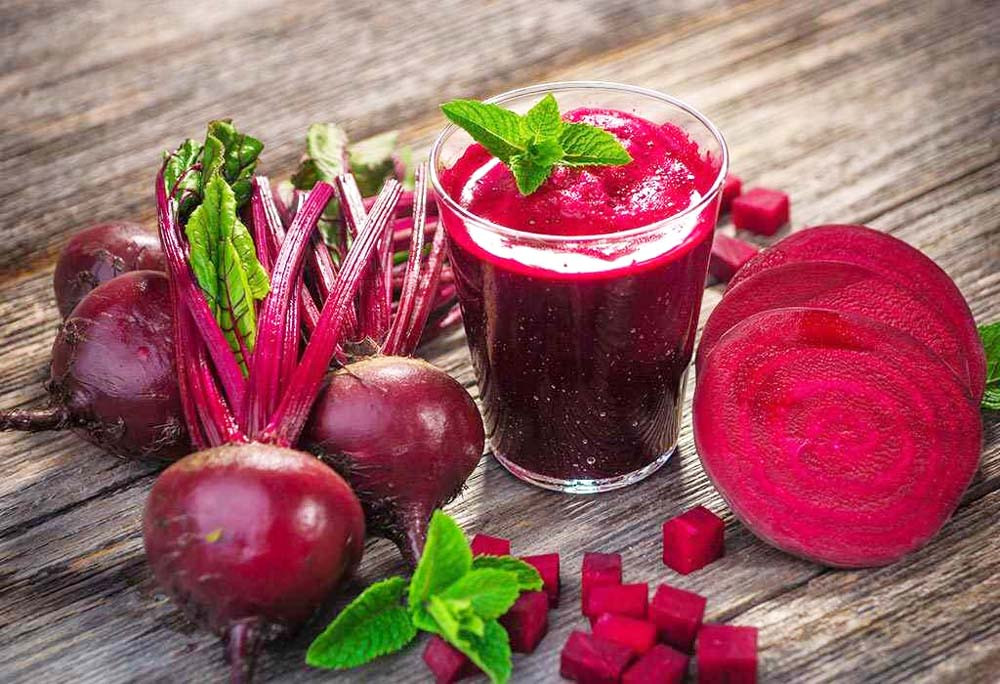
Beets, often referred to as beetroots, are a vibrant purple root vegetable. Though not a traditional starchy vegetable, beets contain around 10 grams of carbs per 100 grams, mainly from sugar and fiber. They’re loaded with antioxidants and nitrates, which help lower blood pressure and improve exercise performance by boosting oxygen flow during workouts.
Oranges
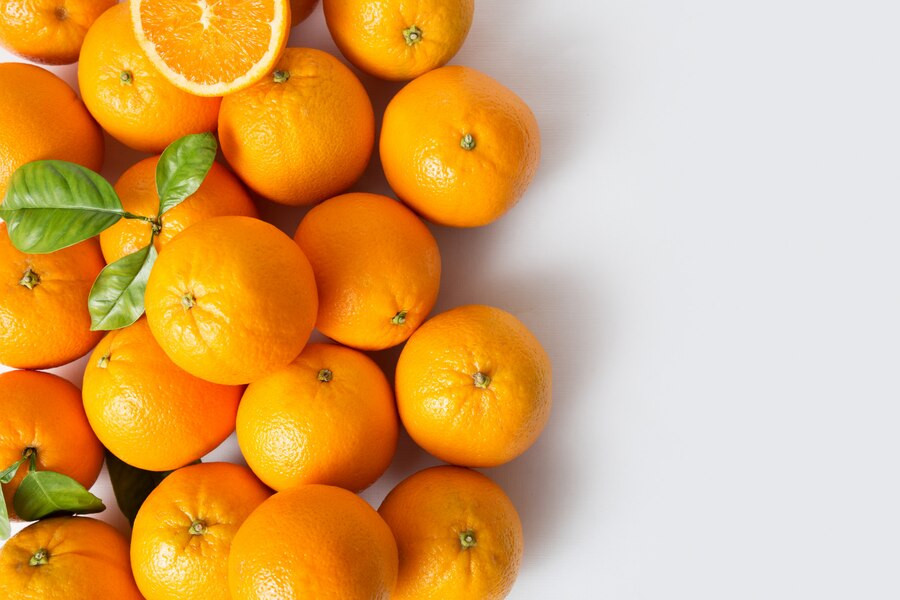
Oranges, one of the most popular citrus fruits, are composed primarily of water and contain around 15.5 grams of carbs per 100-gram serving. They’re an excellent source of vitamin C, potassium, and fiber, offering a refreshing and nutritious option. Oranges are known to improve heart health, reduce kidney stone risk, and boost iron absorption.
Blueberries
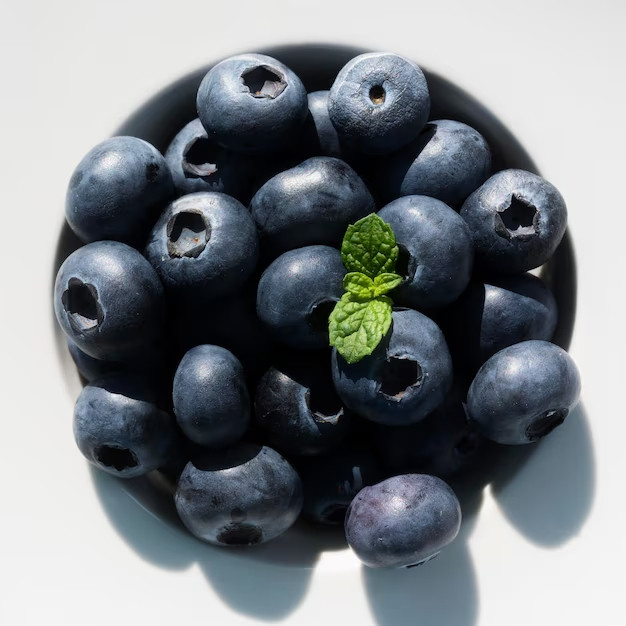
Blueberries are often labeled a superfood for good reason. With about 14.5 grams of carbs per 100 grams, they’re packed with vitamins C, K, and manganese. Rich in antioxidants, blueberries help protect the body from harmful free radicals and have even been shown to improve memory, particularly in older adults.
Grapefruit
Grapefruit offers a unique sweet, sour, and slightly bitter taste, along with plenty of health benefits. This citrus fruit contains about 8% carbs and is a great source of vitamins, minerals, and antioxidants. Research suggests that grapefruit may aid in heart health, lower cholesterol, and improve blood sugar regulation.
Apples
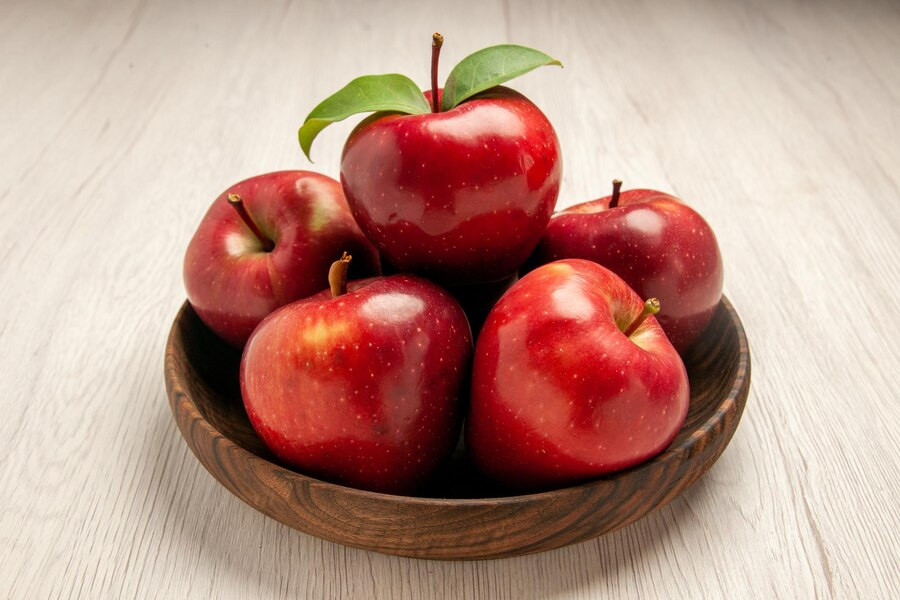
Apples are beloved for their crisp texture and sweet-tart flavor. They contain around 14–16 grams of carbs per 100 grams and are a decent source of fiber, vitamin C, and antioxidants. Apples have been linked to improved heart health, blood sugar control, and potentially lowering cancer risk.
Kidney Beans
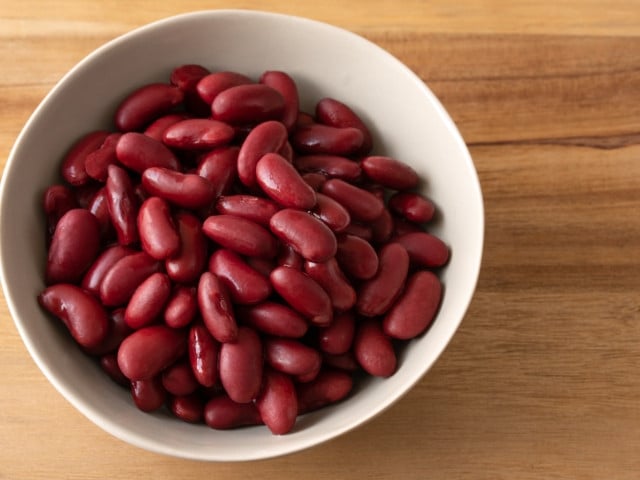
Kidney beans, a variety of legumes, offer about 21.5 grams of carbs per 100 grams of cooked beans. They’re packed with protein, fiber, and important antioxidants like anthocyanins. Studies suggest kidney beans may support healthy blood sugar levels and even reduce the risk of colon cancer.
Chickpeas
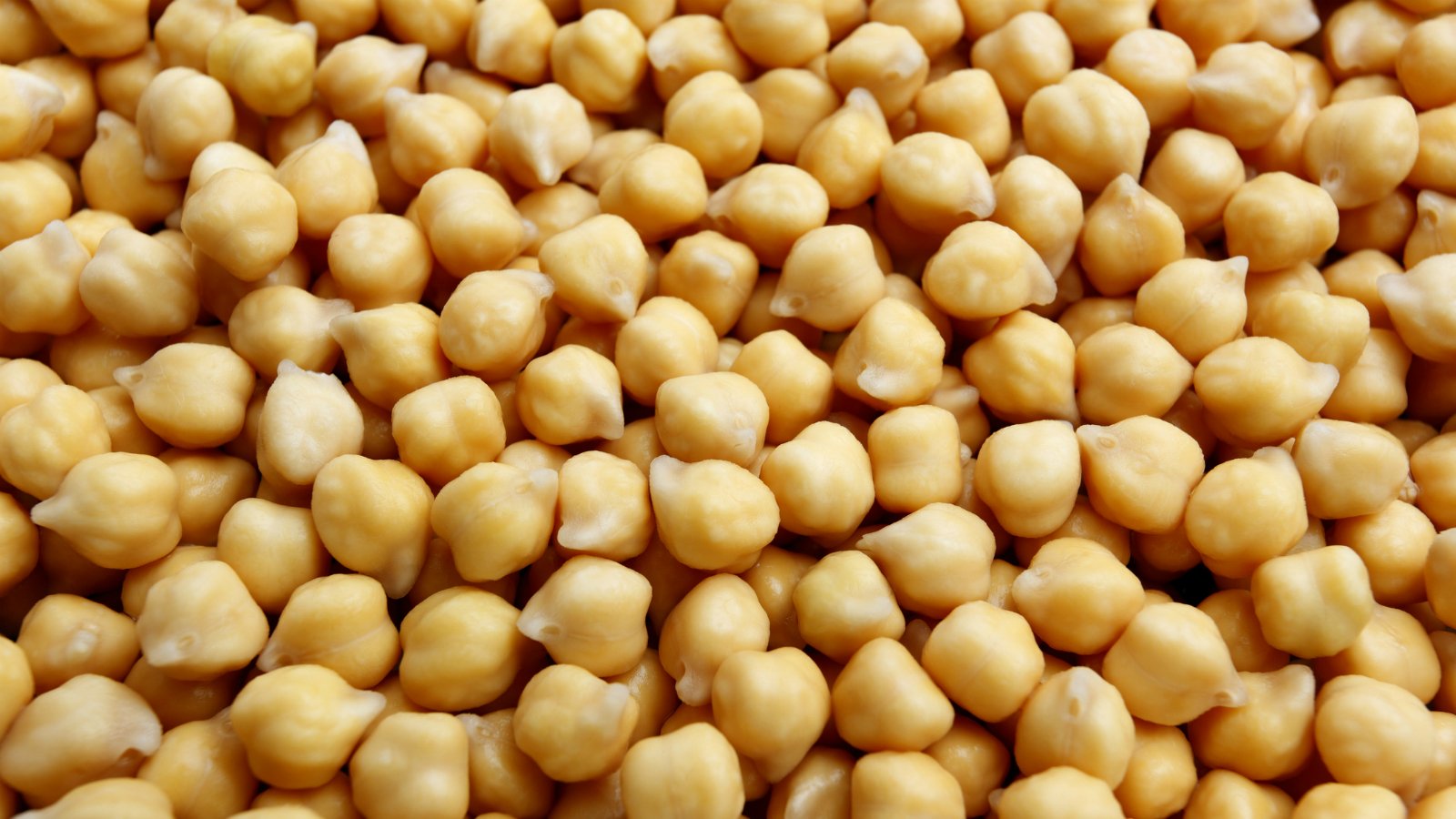
Also known as garbanzo beans, chickpeas are a versatile legume packed with nutrients. With 27.4 grams of carbs and almost 8 grams of fiber per 100 grams, they’re also a solid source of plant-based protein. Chickpeas have been shown to benefit heart and digestive health and may even play a role in cancer prevention.
Incorporating these high-carb foods into your diet offers not only energy and satisfaction but also essential vitamins, minerals, and fiber. These nutrient-dense foods can support overall health, making them a valuable part of any balanced eating plan.


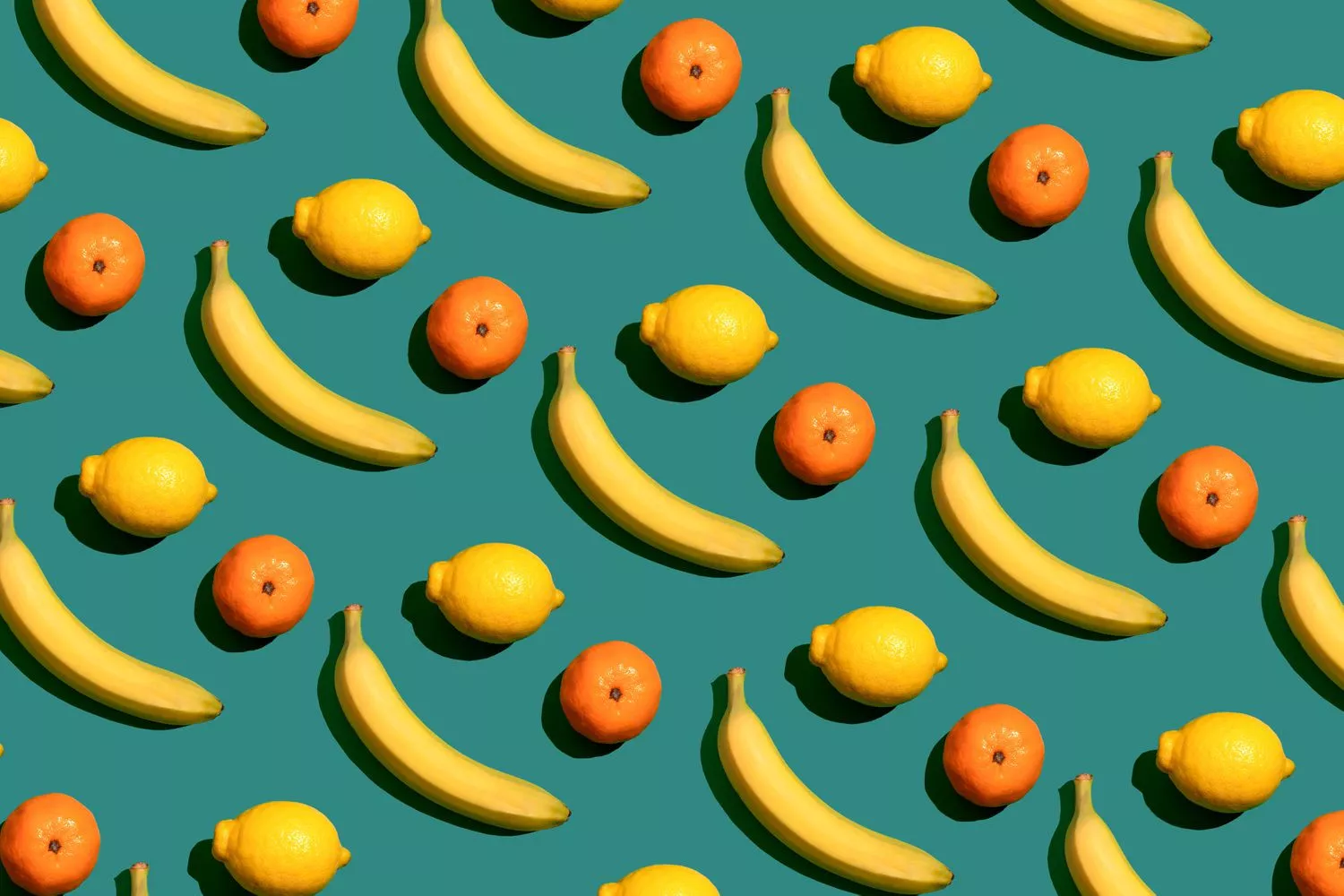
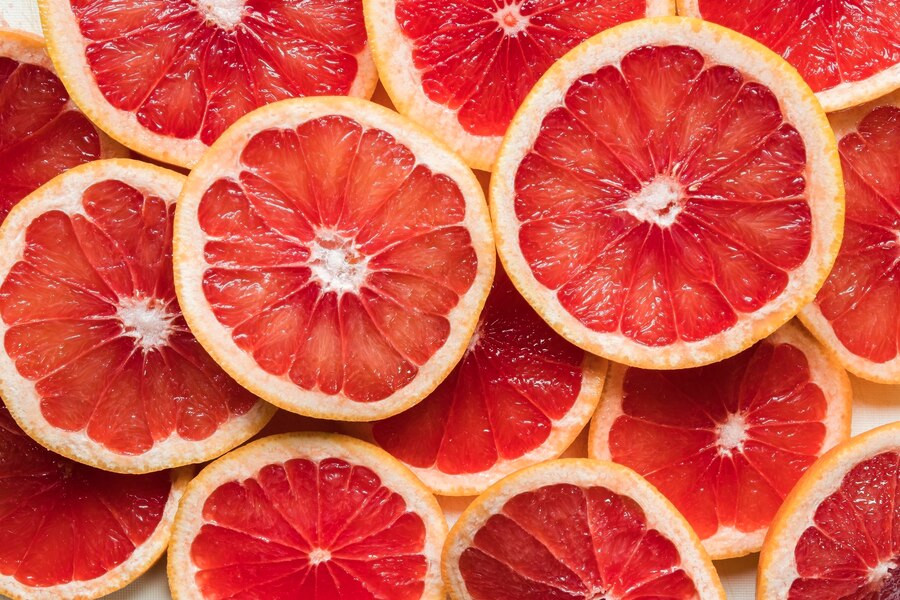






COMMENTS
Comments are moderated and generally will be posted if they are on-topic and not abusive.
For more information, please see our Comments FAQ